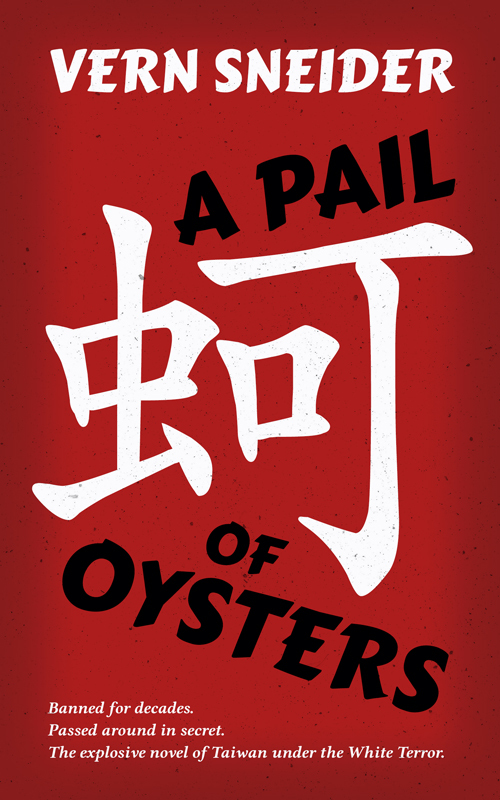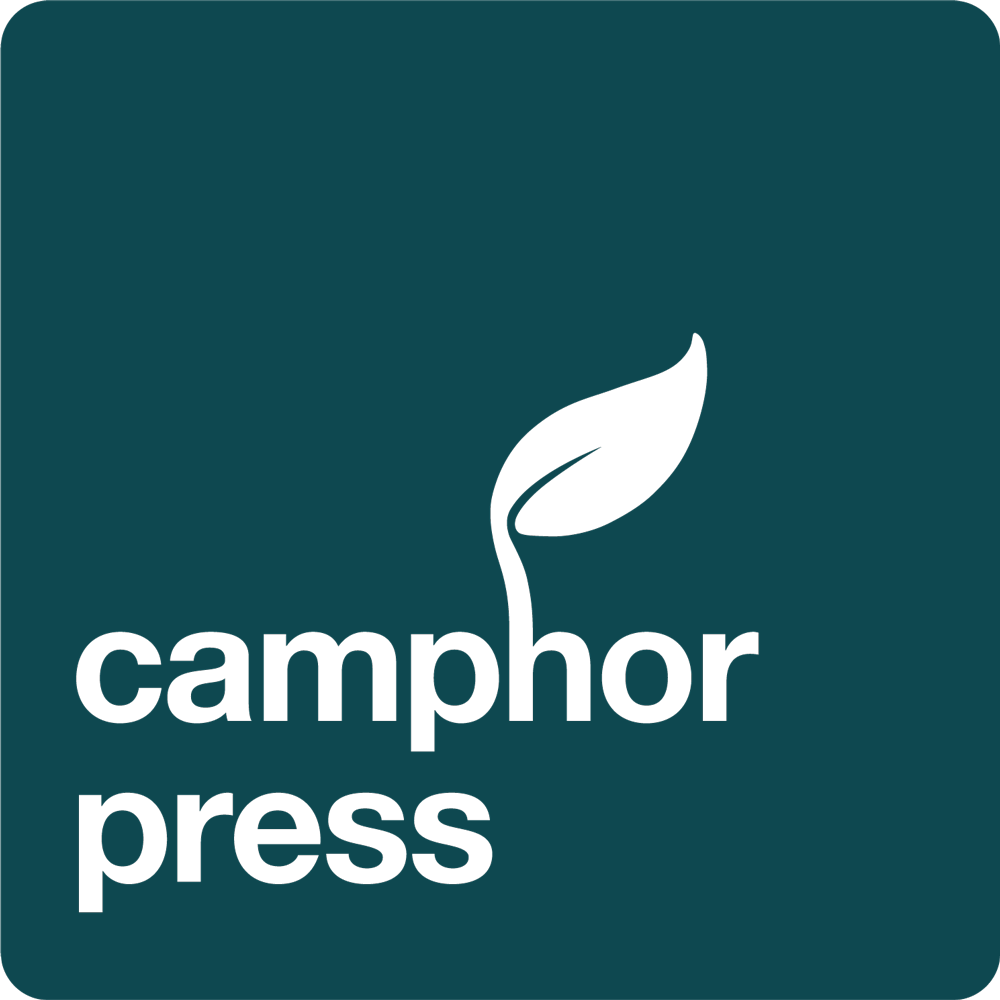Nicky Harman writes: Paper Republic is a registered charity/non-profit website dedicated to promoting enjoyment and understanding of Chinese literature in translation. I am one of its volunteer workers and trustees. As part of our mission, we publish Read Paper Republic, occasional series of complete, free-to-read short stories (or poems or essays) translated from Chinese to English.
This year, after our foray into Covid stories, entitled Epidemic, which explored how some of China’s best writers have been personally affected by the COVID-19 outbreak, we decided on a more upbeat theme. The current series, entitled Food Glorious Food, is made up of six contemporary pieces all based on or around one of China’s favourite pastimes: eating.
In Food Glorious Good, we have featured well-known authors from the Chinese-speaking world, including Xu Xiaobin, Hong Ying, Wu Ang, Sabrina Huang, Yang Shuangzi, and Zheng Zhi, all translated by up-and-coming literary translators. The stories range from historical fiction exploring complex relationships and social inequality to a clever, unnerving tale of kidnap at the hands of a food delivery driver. And it is this last story which we have chosen as a splendid climax to our series. The story is called ‘Winter is Coming’ and the author is Wu Ang.









